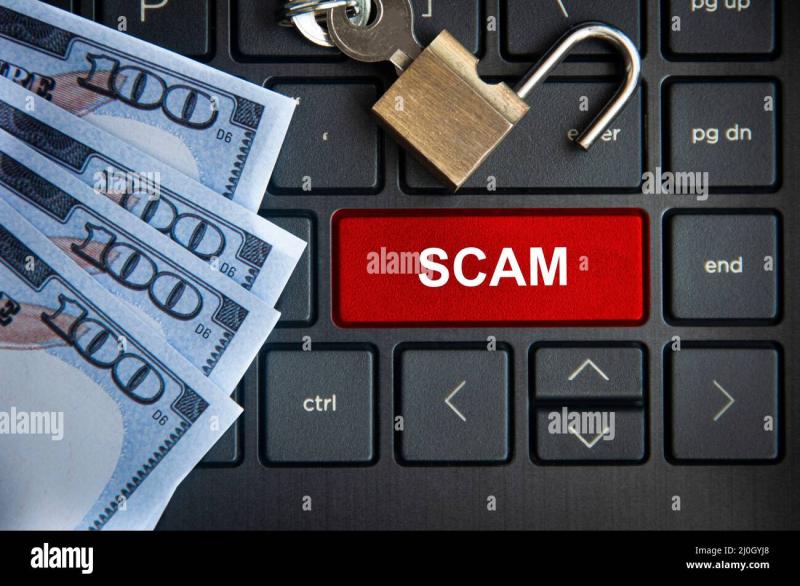The Salicornia Salt Scam: Exploiting a Superfood Trend
In recent years, salicornia—commonly known as sea asparagus—has gained popularity as a sustainable and nutrient-rich plant. Often used in gourmet dishes and praised for its high mineral content, salicornia is also dried and marketed as a low-sodium, eco-friendly alternative to traditional table salt. However, this superfood’s fame has also made it a target for fraudulent practices, leading to what is now referred to as the "Salicornia Salt Scam."
The scam involves companies falsely labeling regular sea salt or chemically processed salts as salicornia-based salt. Unsuspecting consumers, drawn in by claims of health benefits and environmental responsibility, end up paying premium prices for a product that lacks the advertised benefits. While legitimate salicornia salt is derived from the dehydrated, mineral-rich juice of the plant, fraudulent versions often contain little to no actual salicornia.
What makes the scam particularly troubling is its exploitation of consumer trust. Many buyers seek out salicornia salt as a healthier alternative for managing sodium intake or as a sustainable choice. Deceptive labeling not only misleads them but also undermines the credibility of legitimate producers striving for sustainability.
Regulators and food safety organizations have begun cracking down on these fraudulent practices. Authorities in several countries are conducting investigations, issuing fines, and implementing stricter labeling requirements for salicornia products. Meanwhile, industry experts advise consumers to verify the source of their purchases by looking for certifications or choosing reputable brands.
The Salicornia Salt Scam serves as a cautionary tale about the risks of unregulated health trends. While the growing interest in alternative foods is encouraging, it highlights the need for consumers to stay informed and skeptical of overly extravagant claims. Only then can the integrity of sustainable food practices be preserved.









Comments